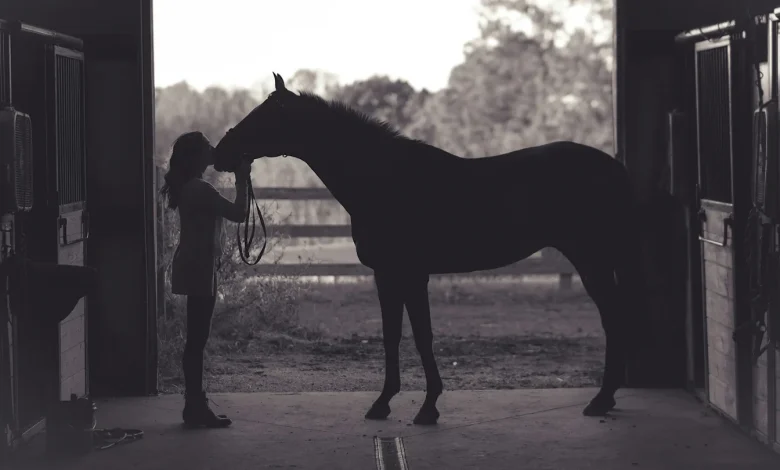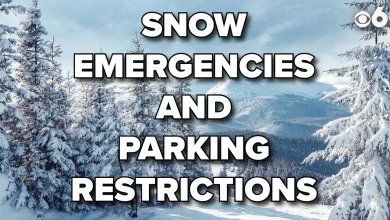Serious EHV-1 Outbreak Causing Deaths Among Horses Linked to Waco, Texas Event

Unfortunately, news circulating on social media indicates that several vet clinics have been warning horse owners about an EHV-1 outbreak.
The first posts started appearing around 3 pm ET on Tuesday, November 18 and within a matter of just a few hours there were multiple horse owners saying they had lost horses already or that they had some fighting for their lives.
What is EHV-1?
EHV-1 is Equine Herpesvirus type 1, which, according to UC Davis School of Veterinary Medicine, is also referred to as equid alphaherpesvirus-1.
Outbreaks usually occur after horses have returned from a large event and then spread the virus to their home stall and barn mates. The highly contagious virus affects horses in different ways.
EHV-1 symptoms | The Horse
According to several different posts on social media, the affected horses are being hit hard and fast with the symptoms. Outlaw Equine Hospital and Rehab Center posted about the outbreak, saying that it was “highly aggressive and has been fatal.”
EHV-1 can be spread in a variety of ways, including through the air. It is primarily spread through direct horse-to-horse contact. It can be spread via contaminated objects like tack, feed buckets, human hands, stalls, etc.
What Can Horse Owners Do?
Anyone that had horses in Waco or has been to a large event in the last two weeks should start immediate precautions.
- Monitor horses temperature at home twice a day. Rectal temperatures should be equal to or below 101.5 degrees.
- If you see nasal discharge, coughing, any stumbling or neurological signs, call your vet immediately.
- Brazos Valley Equine Hospital suggests keeping horses at home. Avoid hauling and mingling horses for the next several weeks.
- Do not share water buckets, hoses, tack, bits, brushes, stalls, halters, etc.
- Disinfect trailers, thermometers, tie areas, cross ties, wash racks, and any common areas where horses are.
- Isolate horses that exhibit a fever immediately.
Stay Up-To-Date
As this situation continues to develop, there will likely be much more information coming out and produced by reputable sources like the state veterinarians and other vet clinics.
Responsible horse owners should consult with their vets and make the decisions that are best for the horses. This appears on the outside to be a very serious situation that should be treated as such but certainly not a panic situation until more information can be gathered and reported.





